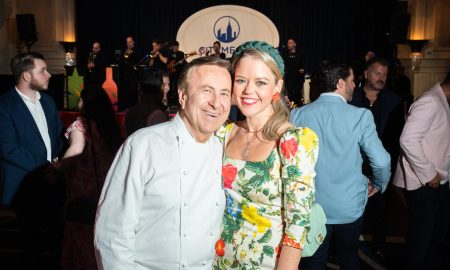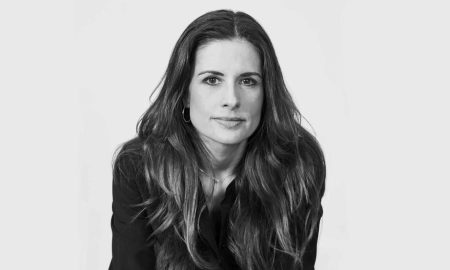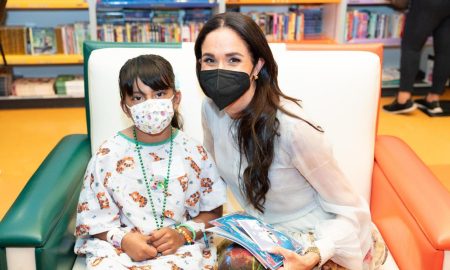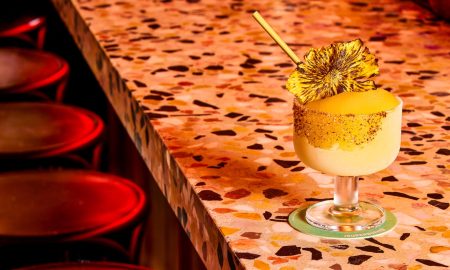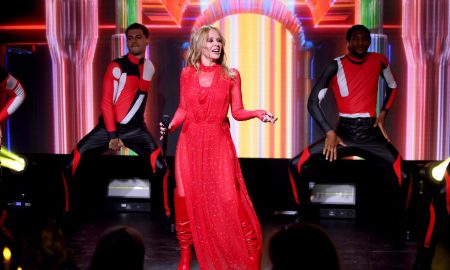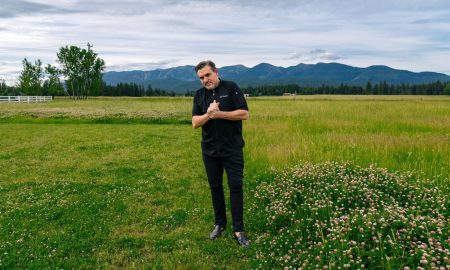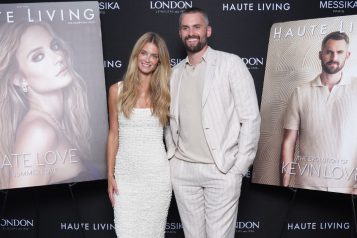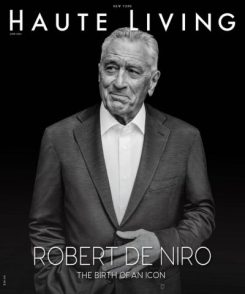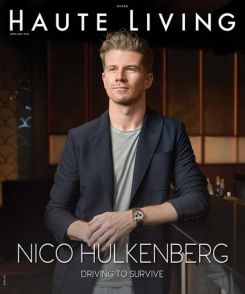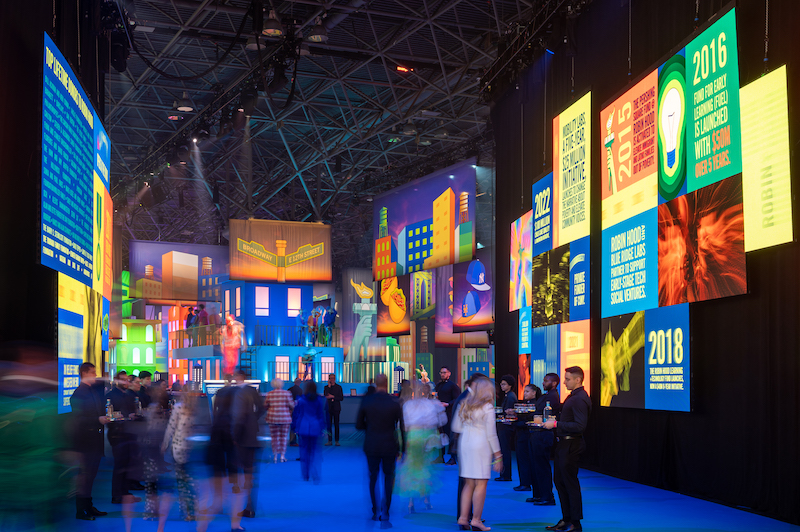
Last night, 4,000 New Yorkers attended Robin Hood’s annual benefit gala at the Javits Center to mark the foundation’s 35th year and recognize its legacy and contributions to the fight against poverty in New York City. The annual benefit raised $61.4 million, adding to the nearly $3 billion Robin Hood has invested to help New Yorkers permanently escape poverty over the last three decades. 100% of the proceeds will fuel Robin Hood’s continued fight against poverty in 2024 through local grantmaking to feed, house, educate, provide job training and placement, and much more for the 1.5 million New Yorkers living in poverty.
This year’s benefit was co-chaired by Greg & Alexandra Mondre, David Solomon, and Kenneth Tropin. The event boasted musical performances by 17-time Grammy Award and Pulitzer Prize-winning recording artist, Kendrick Lamar, and nine-time Grammy Award winner, Brandi Carlile.
“We are proud of our 35-year history partnering with community organizations, donors, government leaders, and the people of New York City to create pathways out of poverty for millions of New Yorkers. We couldn’t be more grateful to those who have supported us through the years,” said Robin Hood CEO Richard R. Buery, Jr. “But we know that despite all we have accomplished together, poverty robs far too many New Yorkers of the opportunity to live the lives they deserve. One of those New Yorkers was Jordan Neely, who died in part because he was unhoused, unfed, and unwell. We can and must do better. That is what Robin Hood is about: making sure that your starting point in life does not define where you end up in life.”
“We founded Robin Hood because we love this city and knew the New York City of the 1980s could be better for everyone. Our goal was to make a difference in the lives of New Yorkers, and we wanted to promote proven solutions that solved the challenges facing the city,” said Robin Hood founder Paul Tudor Jones. “We applied the same tools and principles we used in our everyday business lives to grantmaking at Robin Hood. This has proved to be consequential for Robin Hood, and today, it means Robin Hood possesses the agility to perform, respond, and adapt to the ever-changing landscape that impacts poverty in New York City. It keeps our work on the cutting edge and produces an outsized impact.”
Robin Hood is the city’s largest local poverty-fighting philanthropy, distributing nearly $143 million in grants on average each year to more than 300 of the most impactful, direct-service, community-based, poverty-fighting organizations across all five boroughs. Additionally, Robin Hood has been distributing more than $250 million in aid with nearly half of all proceeds issued in the form of direct cash assistance to New Yorkers in need.
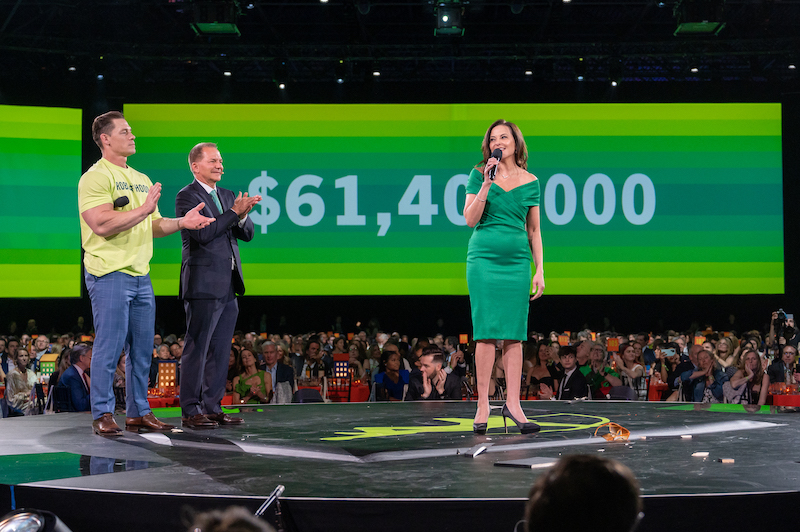
Robin Hood’s grantmaking is evidence-based, informed by its proximity to community voices closest to the issues driving poverty. It leverages its grantmaking investments through partnerships across sectors and scales its reach and impact by influencing policy at the city, state, and federal levels of government. Donors frequently identify its tradition of risk-taking and making smart bets as hallmarks of Robin Hood’s approach to seeding, funding, and scaling solutions that help New Yorkers permanently escape poverty.
“We’ve supported Robin Hood from its earliest days because of the exceptional job it has always done bringing together leaders from across the public, private, and nonprofit sectors to fight poverty in New York City,” said Michael R. Bloomberg, Founder of Bloomberg LP and Bloomberg Philanthropies and 108th Mayor of New York City. “Throughout our years in City Hall, Robin Hood helped us open more high-quality charter schools, create opportunities to divert youth from the juvenile justice system, provide more support to CUNY students, build more affordable housing, offer job training programs to more people, and many other steps that opened doors and offered helping hands. As Robin Hood continues to strengthen the city’s safety net and promote economic opportunity mobility, Bloomberg Philanthropies is glad to be among its champions.”
Since 1988, Robin Hood has received more than 300,000 gifts from 172,000 individuals, families, and organizations.
“Over the last 35 years, bringing to bear the resources and expertise of the private sector to help scale Robin Hood’s mission and impact has been crucial to success,” said Dina Powell McCormick, chair of the Robin Hood Board of Directors. “There are no more powerful tools than our collective commitment, capital, and market-based solutions in the fight to alleviate poverty and lift up all New Yorkers.”
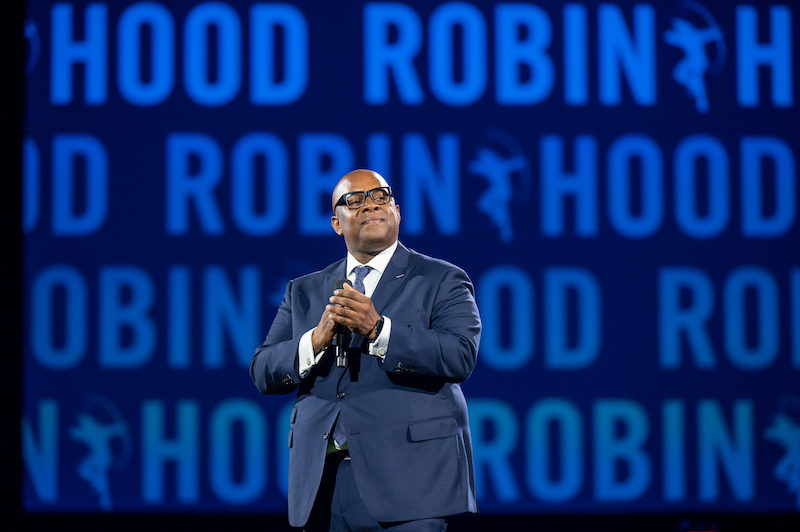
Highlights of What Robin Hood’s Funding Has Helped to Make Possible Over 35 Years.
Moved 32,000 New Yorkers off the streets and into transitional and permanent housing. Built 12,500 affordable housing units. Provided 82 million meals to feed hungry New Yorkers. Trained 200,000 individuals in workforce development programs. Helped launch 177 charter schools.. Built 60 libraries. Assisted more than 480,000 households in accessing public benefits like food stamps, Medicaid, cash assistance, housing vouchers, and transportation assistance. Provided $18 million in pro bono services for executive coaching and strategic planning services to its grantee community partners. Secured $7 billion in New York State funding to help families across the state access high-quality, affordable childcare services in their own communities.
As critical gaps in the city’s safety net materialized or unmet needs were identified, Robin Hood created and launched a series of special initiative partnerships, bringing focus and attention to innovative solutions to overlooked challenges. Past initiatives have included focuses on veterans, immigrants, street cart vendors, eligible New Yorkers who qualify for, but don’t receive public benefits, and the U.S. Census during the COVID-19 pandemic.
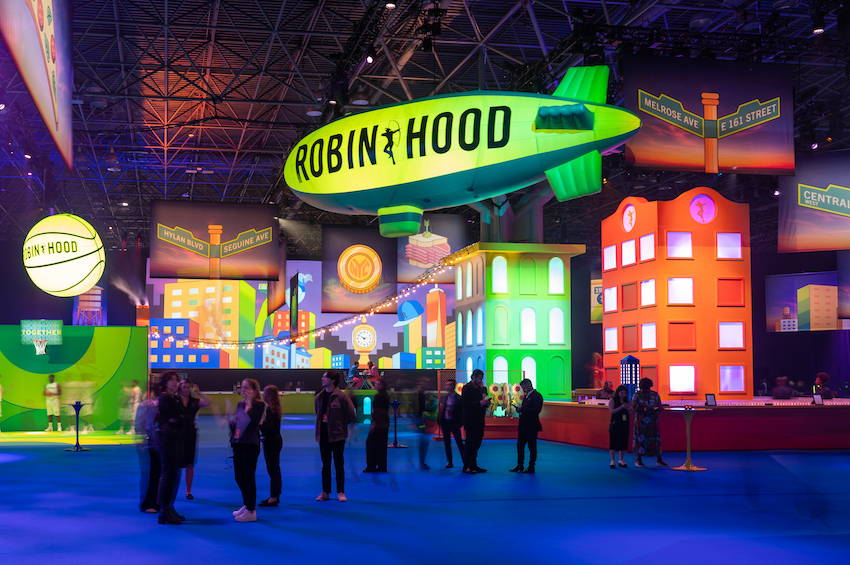



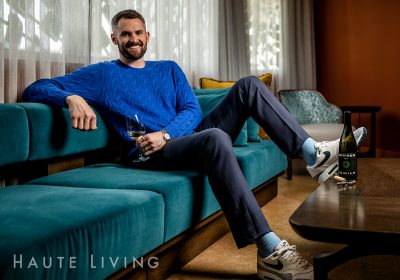
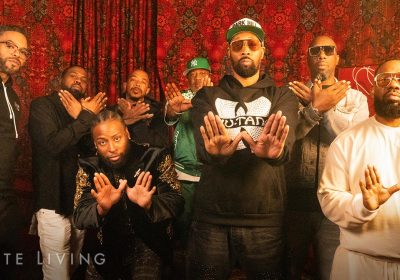
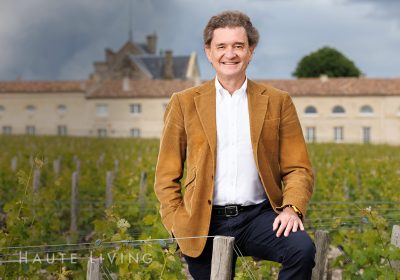
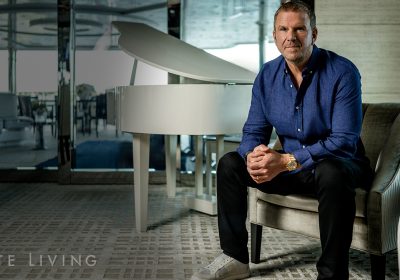

![Pic 1 (1)[1]](https://hauteliving.com/wp-content/uploads/2023/05/Pic-1-11-357x238.jpg)


